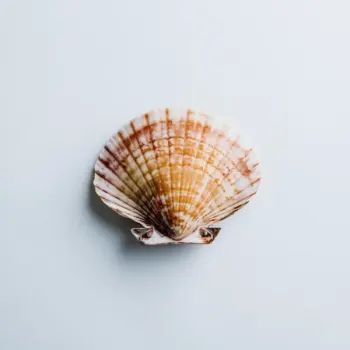


Fresh Scallops
Whole, unprocessed scallops, ideal for searing or grilling. They can be found in two varieties: sea scallops and bay scallops.
Canned Scallops
Scallops preserved in a can, typically in brine or oil. They are pre-cooked and ready to eat or use in recipes.
Frozen Scallops
Scallops that have been flash frozen to preserve their freshness. They need to be properly thawed before cooking.




fresh scallops: Fulton Fish Market
canned scallops: Crown Prince
frozen scallops: Sea Best

Baking: Baking is a gentler cooking method that can help prevent overcooking. Place scallops in a baking dish, add your choice of seasonings or sauce, and bake at 400°F (200°C) for 10-12 minutes.
Searing: This is the most common method of cooking scallops. Heat a pan over high heat, add a small amount of oil or butter, and sear the scallops for 1-2 minutes on each side until they have a golden crust and are just opaque in the center.
Grilling: Scallops can also be grilled for a smoky flavor. Skewer the scallops to prevent them from falling through the grill grates, and cook over high heat for about 2 minutes per side.



